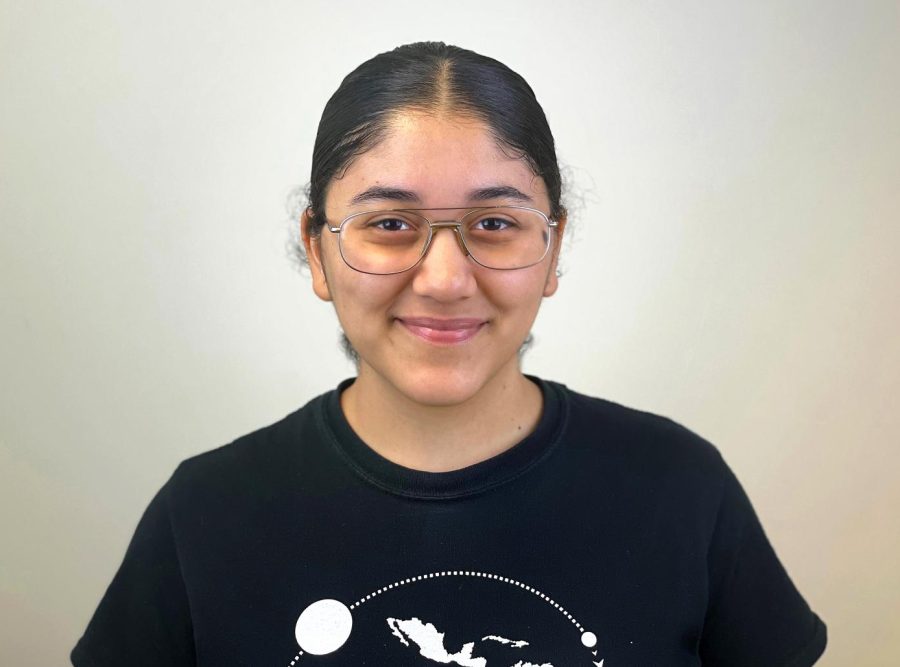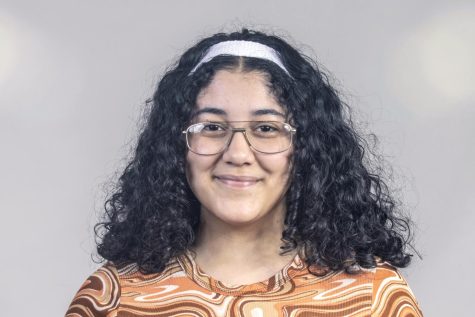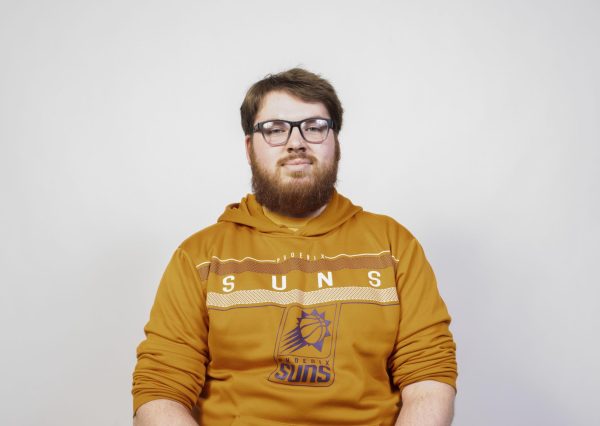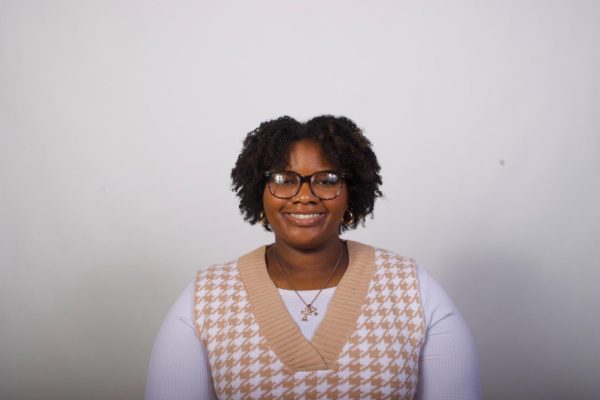COLUMN: Overturning Roe v. Wade is not pro-life
June 25, 2022
The Supreme Court overturned the landmark abortion case, Roe v. Wade, which gave Americans the constitutional right to abortions after 49 years, on Friday.
This ruling means that the decision regarding abortion rights has been handed back to the states, of which 26 are likely to restrict or ban the procedure.
While some states have protections for abortion, others have imposed trigger laws that would take place in the case of Roe’s demise.
These laws will likely take shape in the coming weeks with abortion bans have already taken effect in the states of Alabama, Arkansas, Kentucky, Louisiana, Missouri, Oklahoma, South Dakota, and Texas as of Friday.
As a woman, I am deeply concerned about how abortion bans will affect me, as well as the many people across the country who may be in need of an abortion.
This ruling will affect people who are raped and become pregnant. Those who do not have access to abortions will be forced to carry a baby they did not consent to have. Not having access to an abortion means some will have to choose between facing financial hardship to raise a child they can’t take care of, giving them up for adoption or placing them in the foster care system. None of these options are beneficial for a child.
This ruling will affect people of many religions including Jewish and Muslim people, restricting their right to religious freedom. Besides Catholicism and Christianity, many religions do not believe that life begins at conception. Some also allow or even require abortion should a pregnancy endanger the health of the pregnant individual.
This ruling will affect people who have ectopic pregnancies, septic uteruses, or miscarriages that one’s body cannot release. Not having access to abortion means that they could die. Those who survive could face prosecution for their terminated pregnancies, whether it was by choice or not, as has happened already in states such as Oklahoma and Alabama.
There are a million and one reasons why someone may need an abortion, but a person does not have to be in a traumatic or life-threatening situation in order to have access to one.
Safe access to abortion is a necessary part of healthcare, especially considering this decision will not truly prevent people from getting abortions. It only prevents them from getting legal ones.
If necessary, wealthy people can simply travel to a different state where they can safely receive an abortion. Those who cannot afford to travel will have to choose between an unwanted pregnancy or an illegal abortion.
More women will have to resort to self-inflicted bodily trauma, ingestion of dangerous chemicals and drugs, reliance on unqualified abortion providers or other unsafe means of abortion. These methods can result in severe blood loss, organ damage, poisoning or, in some cases, even death.
If that doesn’t sound scary enough, 4.7-13.2 percent of all maternal deaths are due to unsafe abortions, according to the World Health Organization. That is what we risk having to resort to. We have to resort to the possibility of death because our autonomy over our own bodies is being taken away.
Overturning Roe v. Wade will negatively impact the lives of so many people—living, breathing people—and yet the Supreme Court is more concerned with the lives of unborn fetuses.
We cannot let this decision discourage us. Instead, we need to let it strengthen us. We need to fight not just for our reproductive rights but for the reproductive rights of those who come after us.
What do we do now? For one, we can vote. Voting can play a helping hand, but I urge you not to just “vote Blue.” A political candidate being a Democrat does not necessarily mean they care about reproductive rights. Do your research. Vote for government officials that best represent you and the things you care about.
But we need to do so much more than just vote because voting alone will get us nowhere.
We need to protest, we need to donate money to abortion funds and provide support to those in our communities who need it. If we don’t, so much will be at stake—our rights, our health and our lives.
There is nothing “pro-life” about this decision, and when people die because of it, the blood will be in the hands of the Supreme Court.
Kyara Morales-Rodriguez is a senior English major. She can be reached at 581-2812 or [email protected].

















































